
ТЕХНОЛОГІЯ MICRO PIEZO
Для надійного, швидкого та якісного друку важливо знати про друкуючу голівку — серце друкуючих пристроїв.
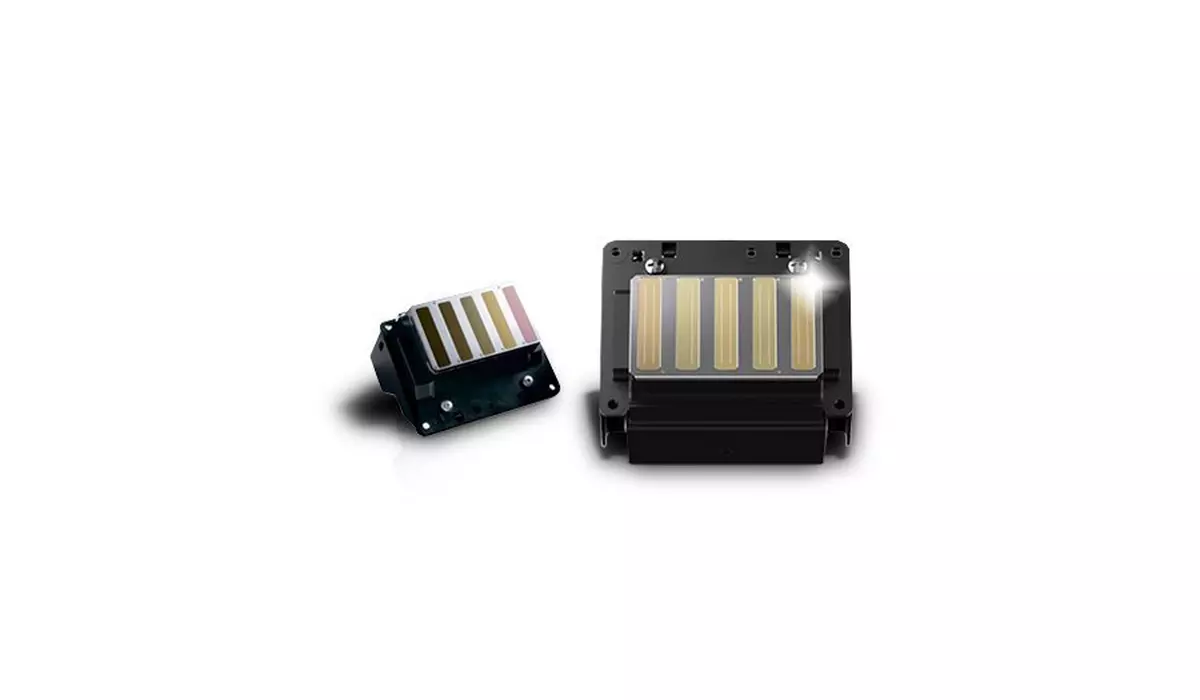
Покращені друкуючі голівки для поточних і майбутніх потреб
Для того щоб прийняти зважене рішення під час вибору принтера, необхідно розуміти, який тип друкуючої голівки використовується. Є два основні типи технології друкуючої голівки — з використанням нагрівання або п’єзоелемента. У всіх принтерах Epson використовується п’єзоелемент. Ми вважаємо, що він забезпечує найкращі робочі характеристики.
У 1993 році технологія Micro Piezo стала не лише новітньою розробкою, яка заклала підґрунтя для комерційного просування струменевих принтерів із друкуючою голівкою Epson, а й кинула виклик іншим великим всесвітньо відомим компаніям друкарської галузі. Технологія Micro Piezo, унікальна розробка Epson, забезпечує чудову якість друку. За оцінками наших конкурентів, їй досі немає рівних.
І це не просто слова, зараз ми покажемо вам, що так вирізняє її з-поміж інших.
Технічні особливості

Чіткі й точні відбитки
Технологія Micro Piezo використовує п’єзокристали, які коливаються, коли з принтера на них подається електрична напруга. Внаслідок цього створюється дуже рівномірний потік крапель, однакових як за формою, так і за розміром, тому відбитки виходять чіткі й контрастні. У термоструменевих принтерах використовується нагрівальний елемент: при кип’ятінні чорнил створюється бульбашка повітря, яка виштовхує чорнило крізь сопло. Отримані за цією технологією відбитки можуть бути не такими точними.
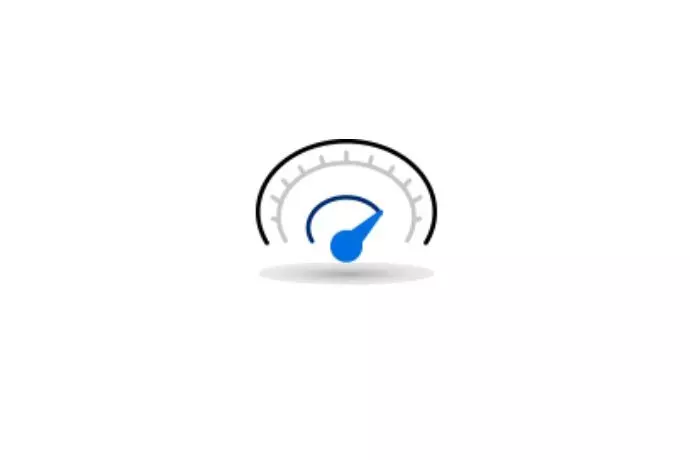
Швидкий друк якісних відбитків
Краплі чорнил виштовхуються крізь сопло зі швидкістю 40 000 разів на секунду, що забезпечує високу швидкість друку документів. Але це не позначається на якості: друк виконується надзвичайно точно, і ваші відбитки завжди будуть чіткими й контрастними.

Складні зображення
У голівці використовуються різні сопла — кожне сопло може створювати краплі п’яти різних розмірів. Це можна порівняти з використанням пензлів різного розміру для малювання на полотні. Великі краплі служать для швидшого заповнення суцільних ділянок одного кольору, а менші краплі відтворюють найдрібніші деталі. За допомогою цієї технології вона може бездоганно відтворювати ледь вловимі переходи між темними та світлими кольорами, які виглядають плавно та природньо.

Якість, а не кількість
Не слід думати, що кращим є той принтер, в якому сопел більше. У термоструменевих принтерах використовуються сопла визначеного розміру, тому вони мають використовувати більше сопел, щоб забезпечити такий самий рівень якості, який пропонують наші друкуючі голівки.

Тривалий строк служби принтера з меншим обслуговуванням
На відміну від термоструменевих принтерів, наша перманентна друкуюча голівка не втрачає свої робочі характеристики. Вам не доведеться перейматися, що у вас не буде коштів, щоб замінити друкуючу головку, або виникнуть незручності через необхідність її налаштування.
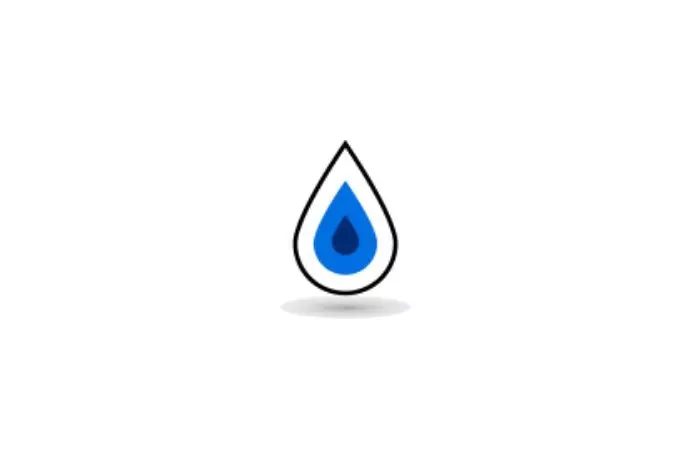
Найкраще чорнило для роботи у ваших умовах
У нашій друкуючій голівці не використовується нагрівання, тому наші принтери можуть працювати з набагато ширшим асортиментом чорнил, включно з термочутливими рідинами. Інші принтери не дають такої свободи вибору: для термодрукуючих голівок придатні чорнила лише певних типів, оскільки в них використовується нагрівання.

Чи знаєте ви?
Чудові можливості нашої технології Micro Piezo на реальному прикладі.
Найдрібніші деталі
Визначити одну окрему краплю чорнил (1,5 пл) на великій світлині (12,7 x 8,9 см) так само складно, як знайти контактну лінзу на футбольному полі (площею близько 10 000 м²)! Ці дрібні деталі дають змогу створювати дуже реалістичні світлини з фантастичним діапазоном тонів і переходів.

Точний контроль
Уявіть, що крапля чорнила (1,5 пл) — це вільний удар, пробитий з відстані 15 метрів. Чи можете ви сфотографувати гравця, який намагається поцілити в точку всередині цієї цілі — розмір власне м’яча? І влучити в цю точку майже зі 100-відсотковою точністю, — і щосекунди робити 40 000 успішних вільних ударів! Друкуючі голівки Micro Piezo є точними та швидкими, непродуктивні витрати чорнил при цьому мінімальні, а відбитки виходять контрастними й чіткими.
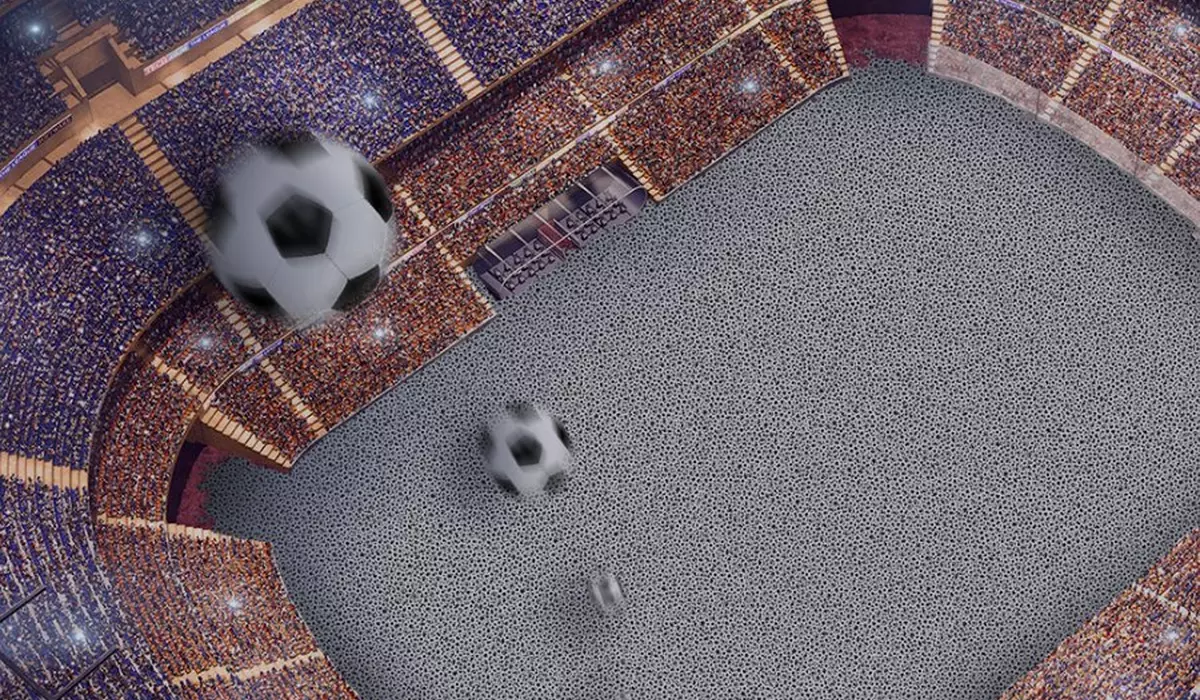
Чудова продуктивність
Якби крапля чорнил (1,5 пл) була розміром із футбольний м’яч, а чорнила виштовхувалися з друкуючої голівки крізь 90 сопел на один колір, то стадіон «Вемблі» був би заповнений футбольними м’ячами приблизно за одну секунду! Ось як швидко працюють друкуючі голівки Micro Piezo.

Технологія друкуючих голівок нового покоління
Новітня технологія друку PrecisionCore від Epson використовує революційний друкуючий чип високої щільності для створення до 40 мільйонів точних точок.
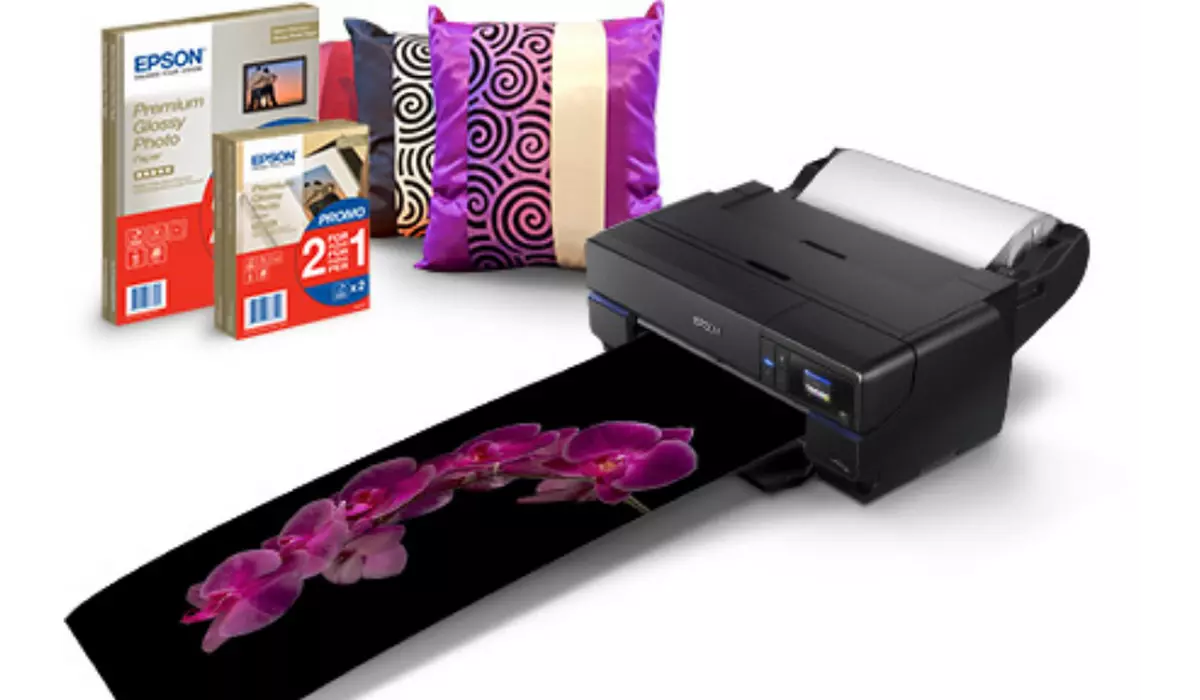
Друк не лише на папері
Інноваційна технологія Micro Piezo від Epson забезпечує гнучкість для роботи в різних прикладних областях. Вона дозволяє друкувати в чудовому кольорі, у відтінках чорного й білого, на різному папері, а також знаходить промислове застосування. Це, зокрема, друк на тканині, виготовлення кольорових фільтрів і нанесення шаблонів на електронні друковані плати.

Формування майбутнього друку за допомогою технології без нагрівання
Перехід від лазерних принтерів до принтерів без нагрівання допомагає зменшити використання енергії та вплив на навколишнє середовище від друку.